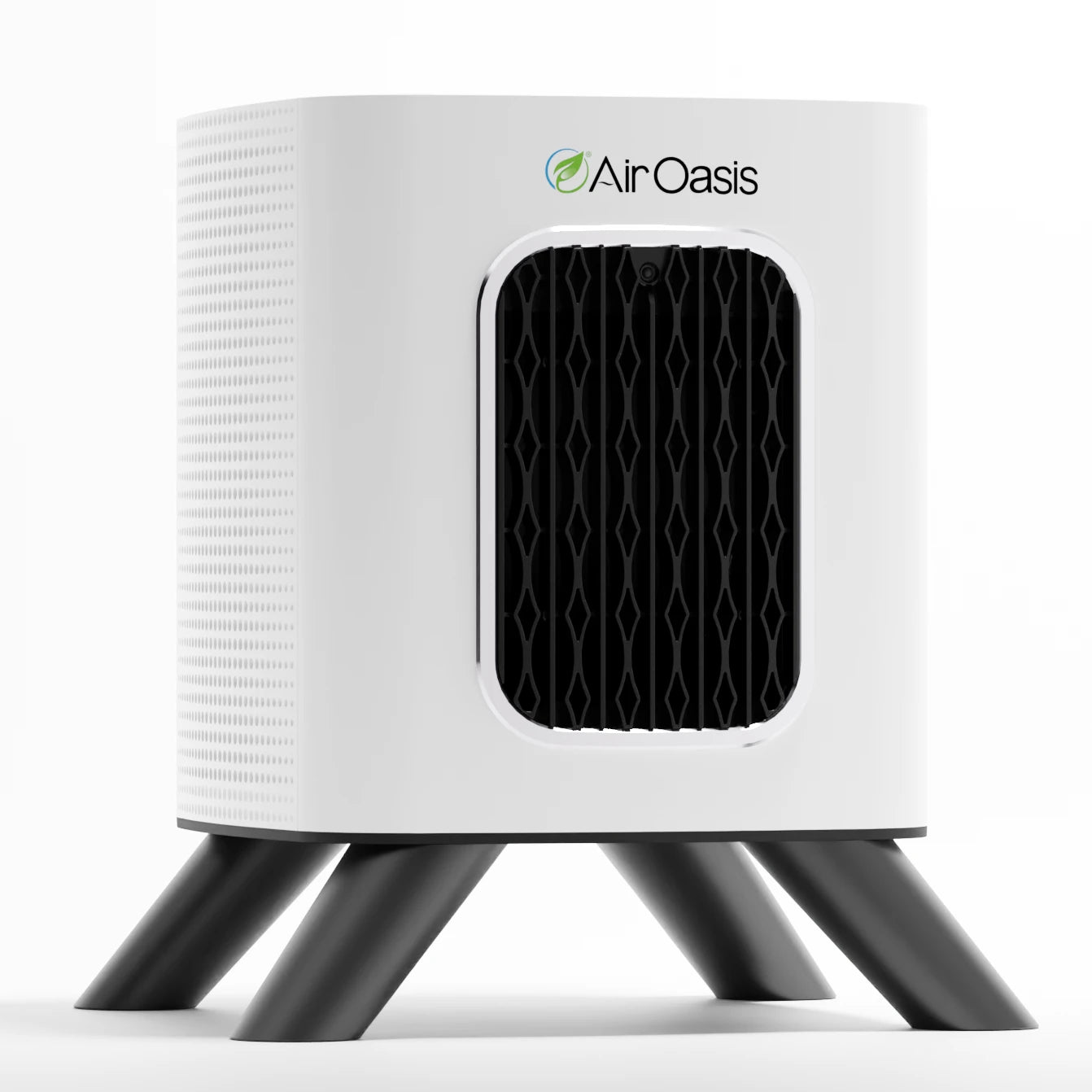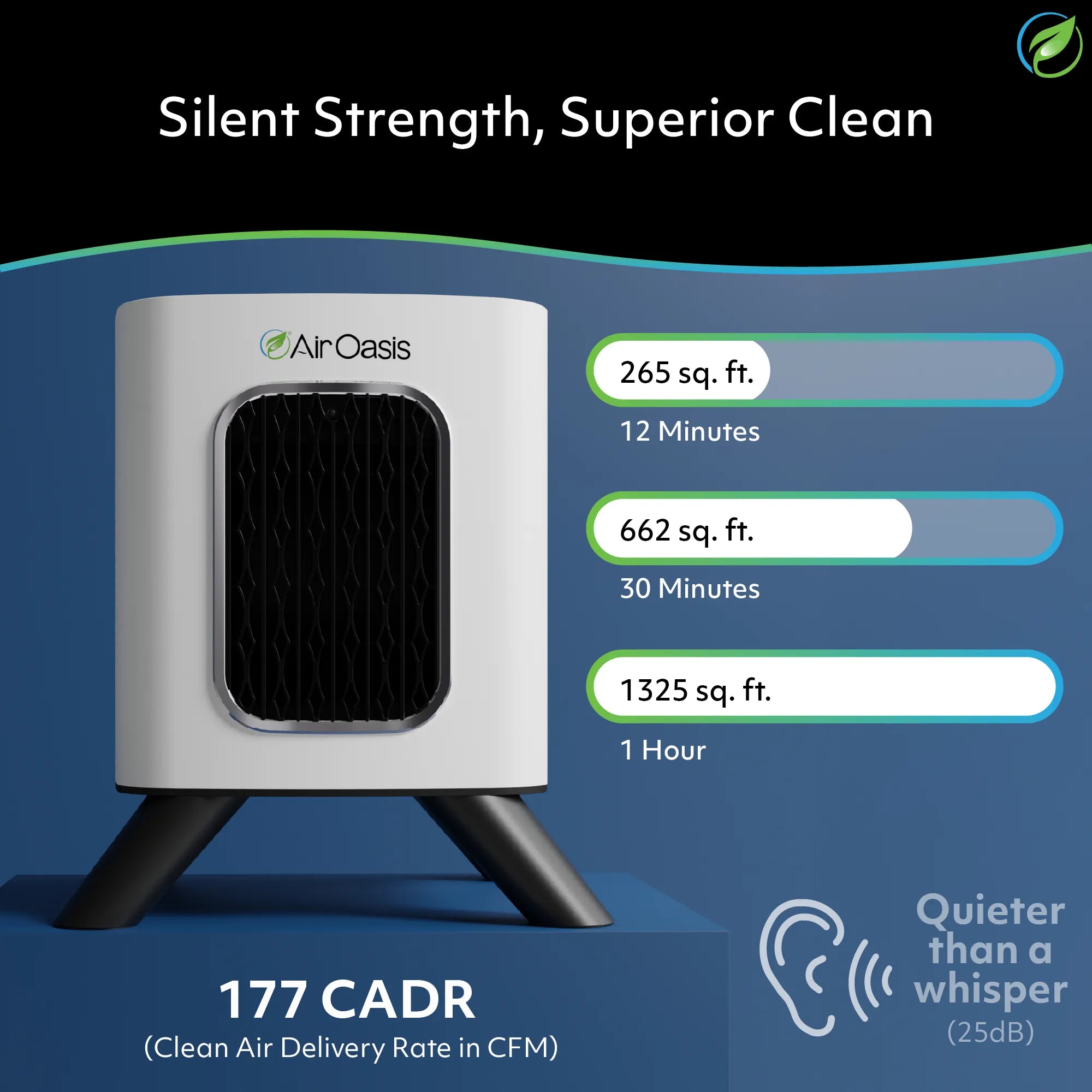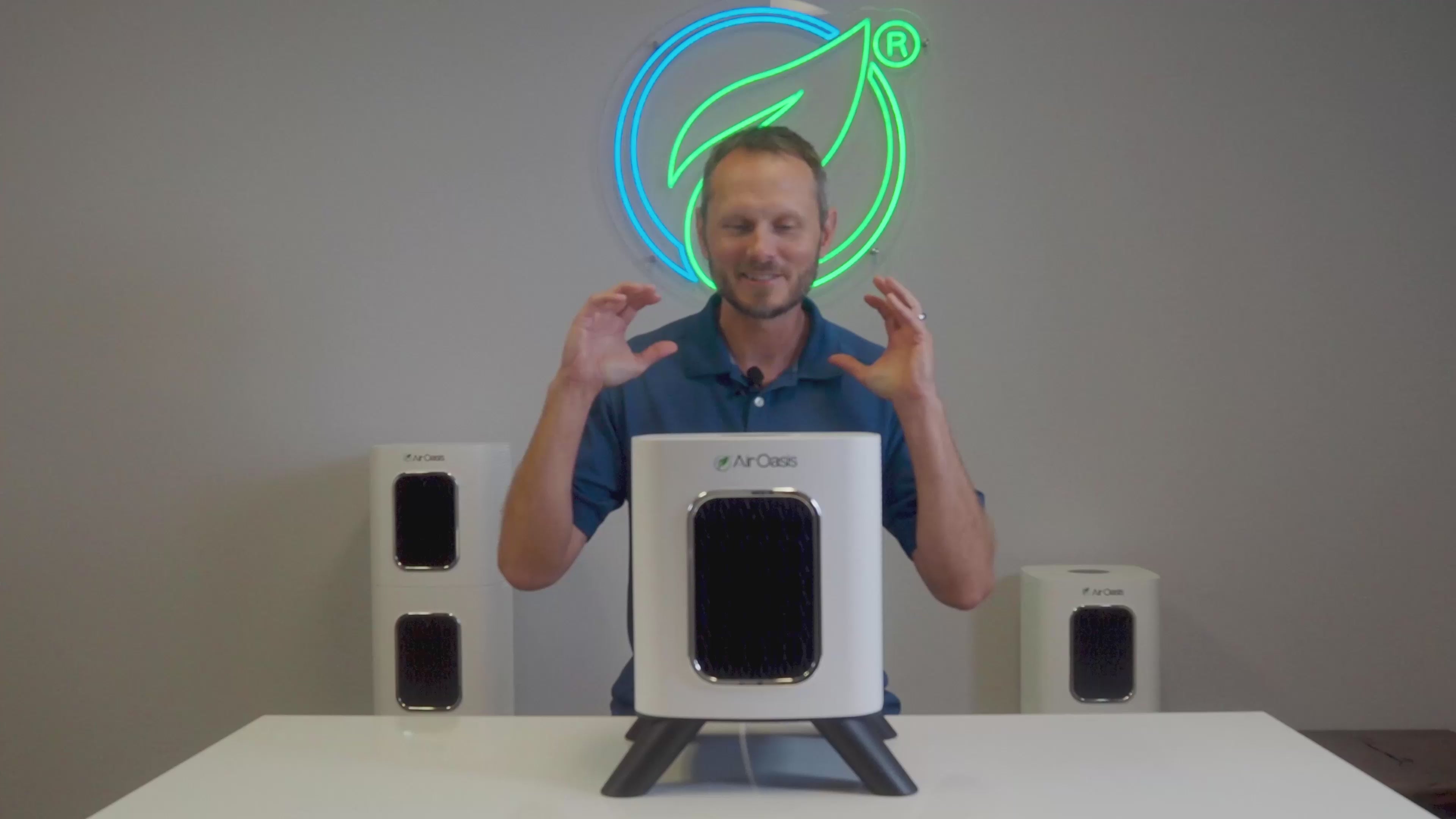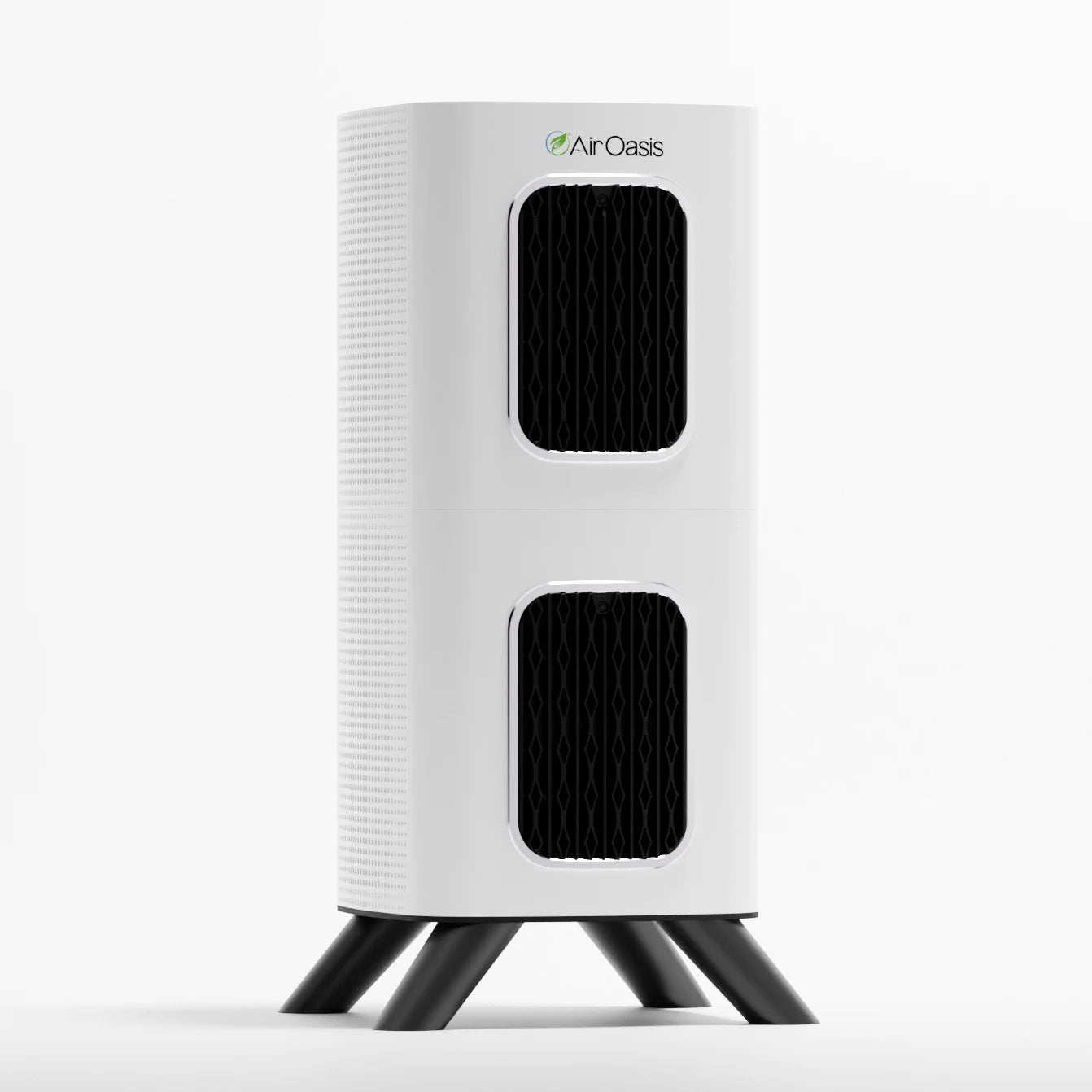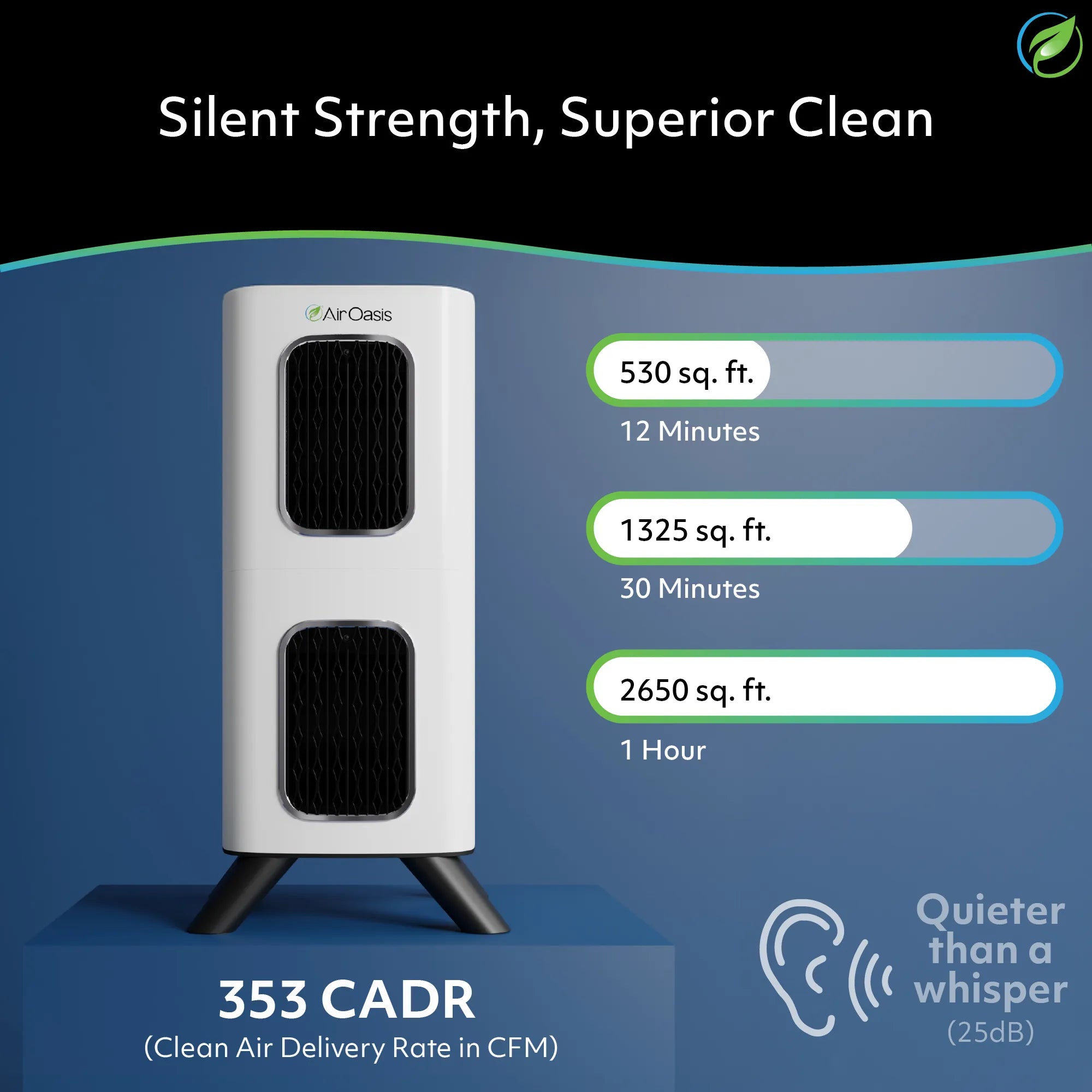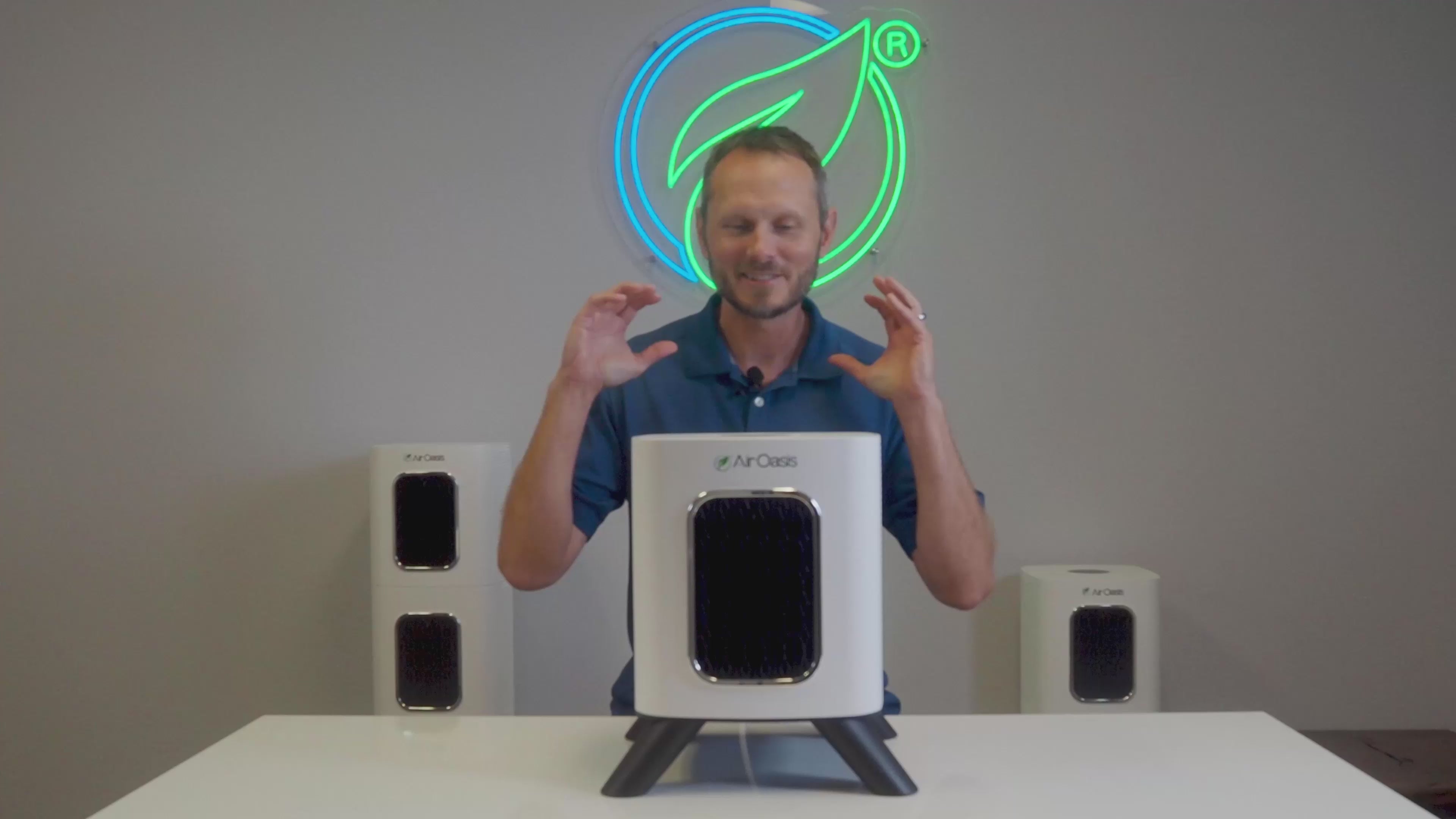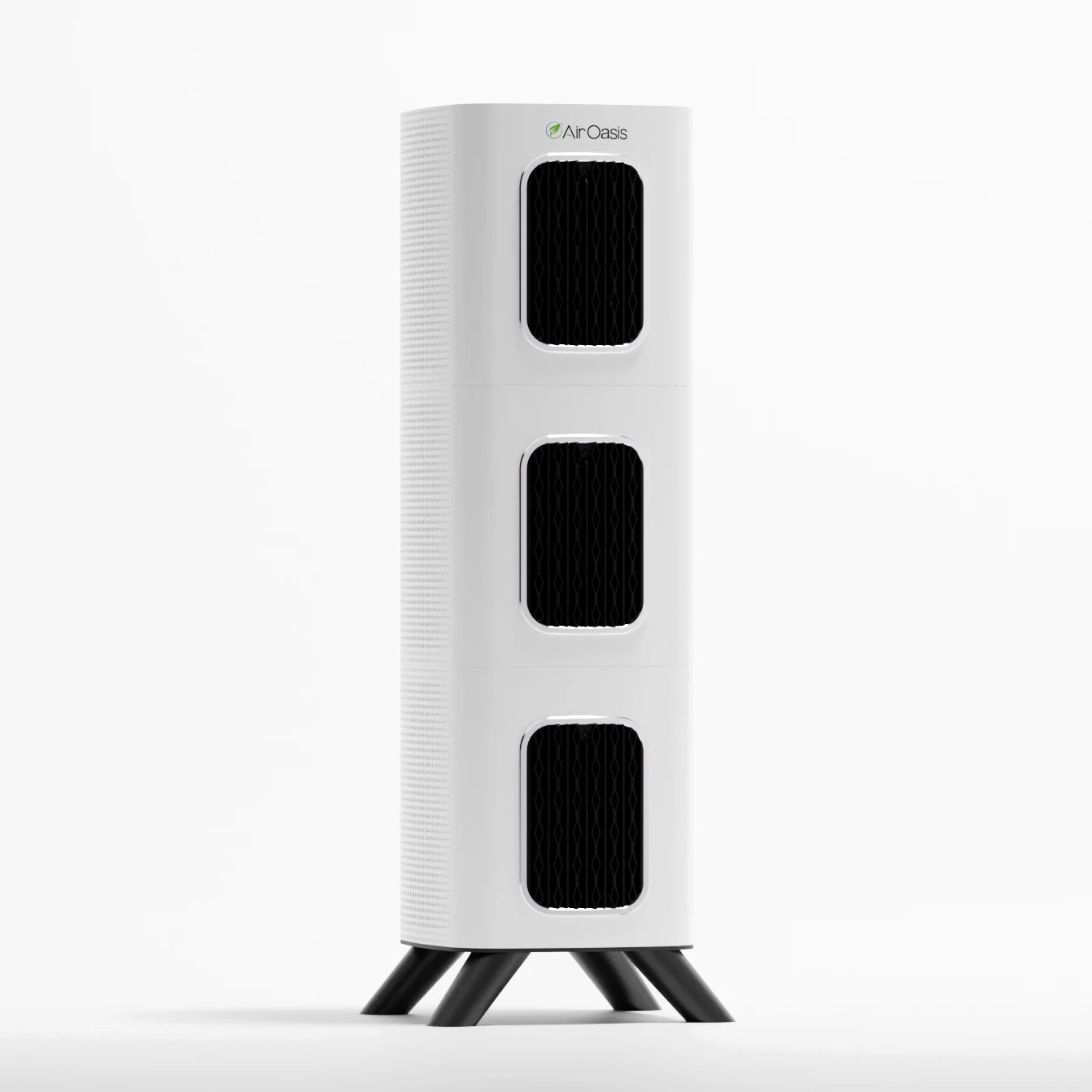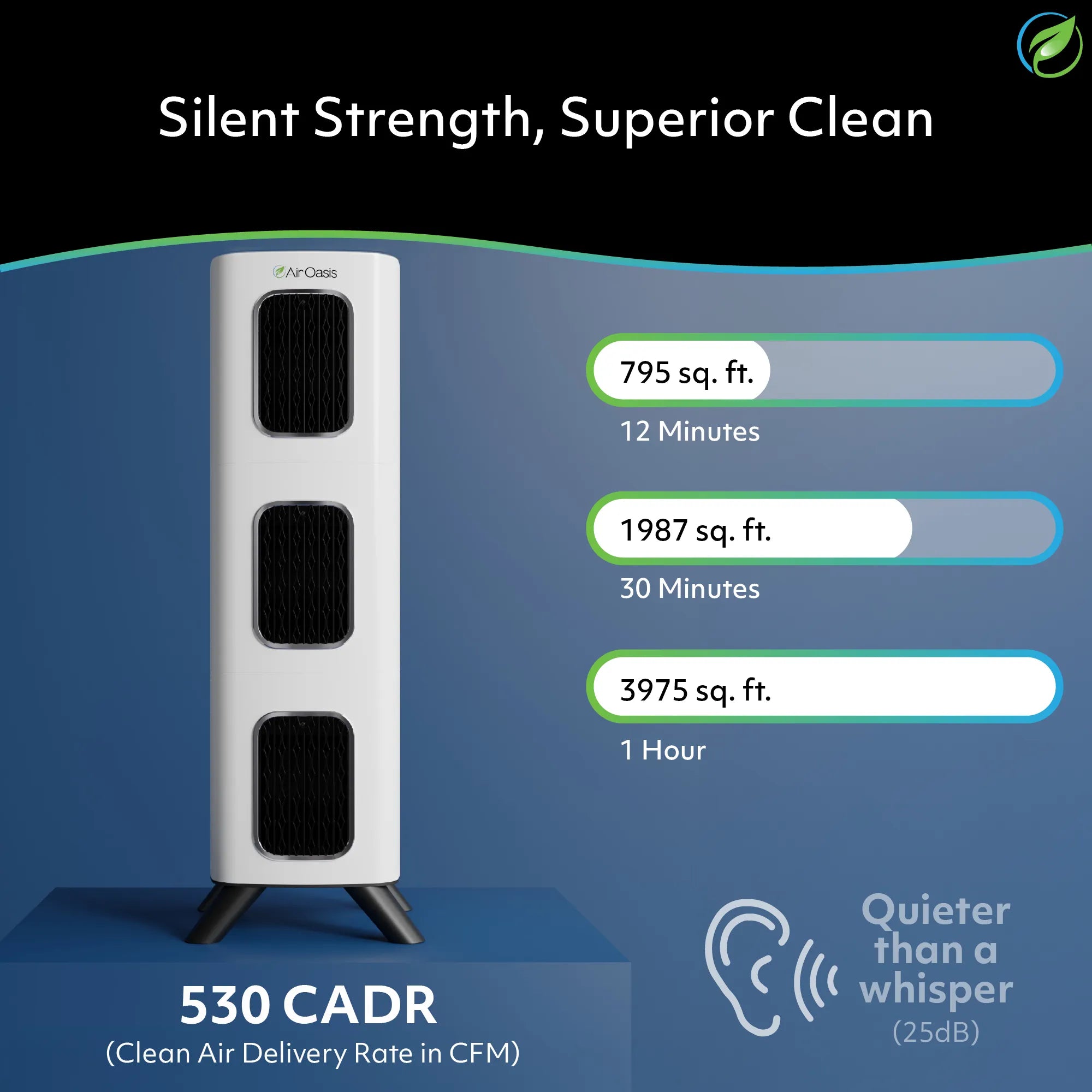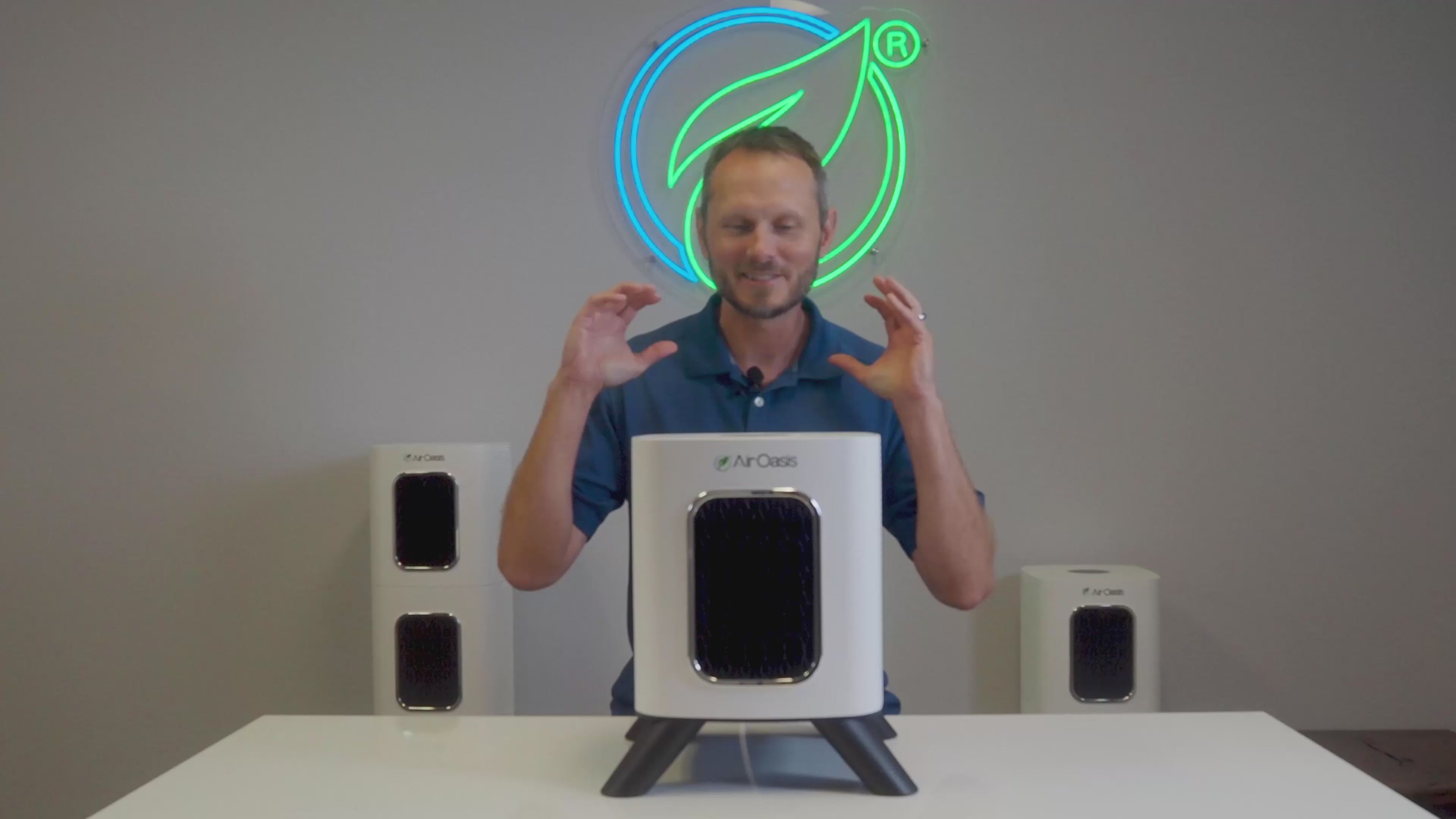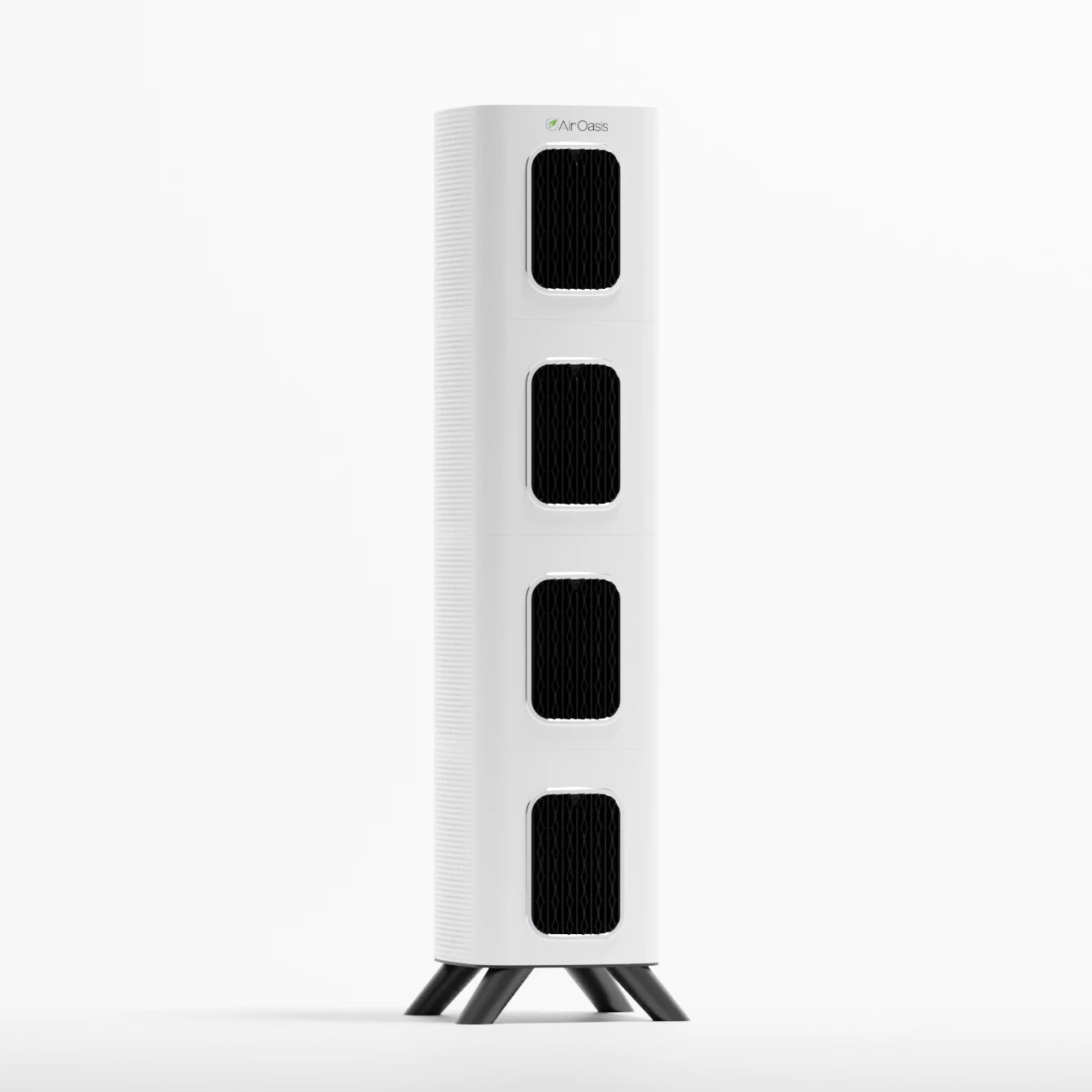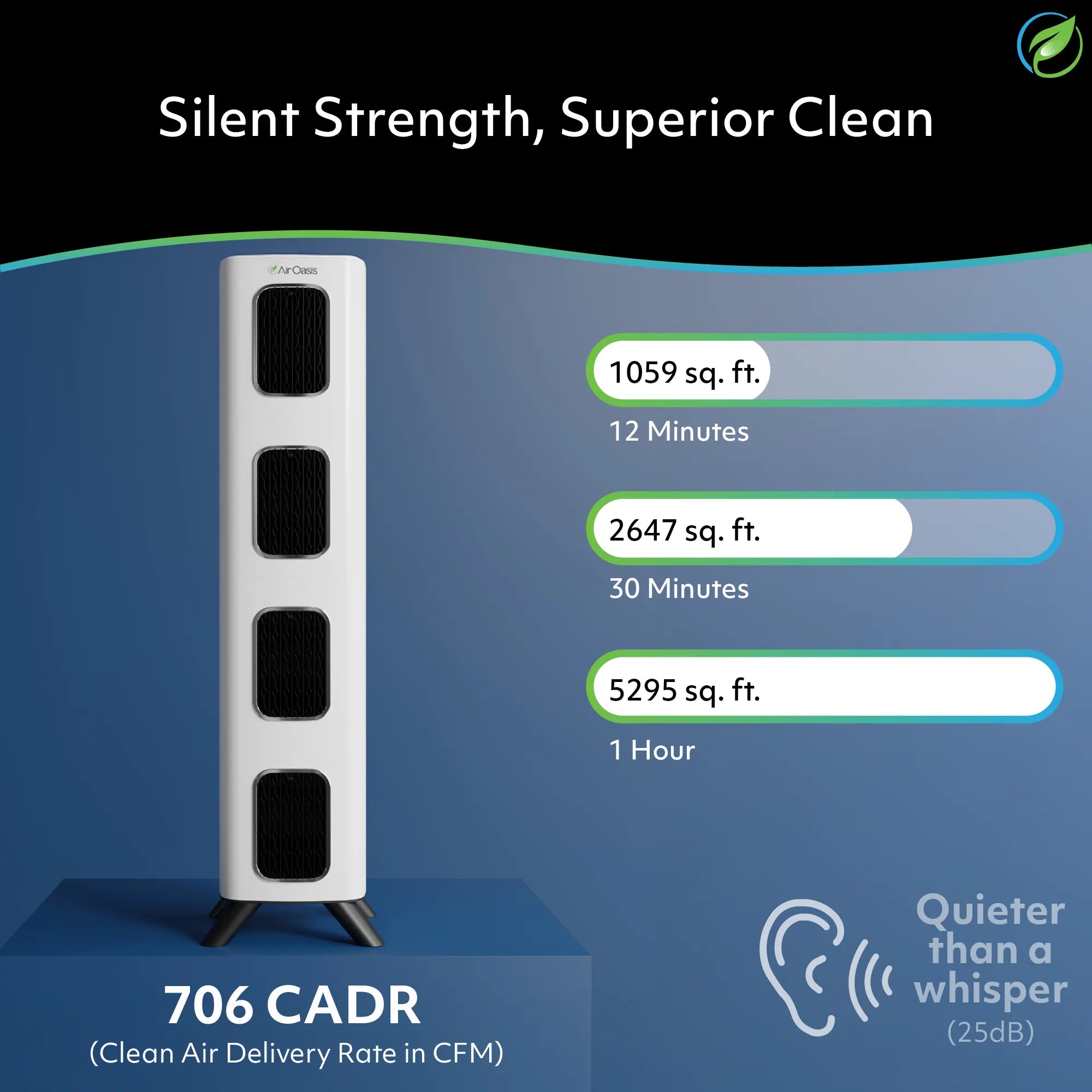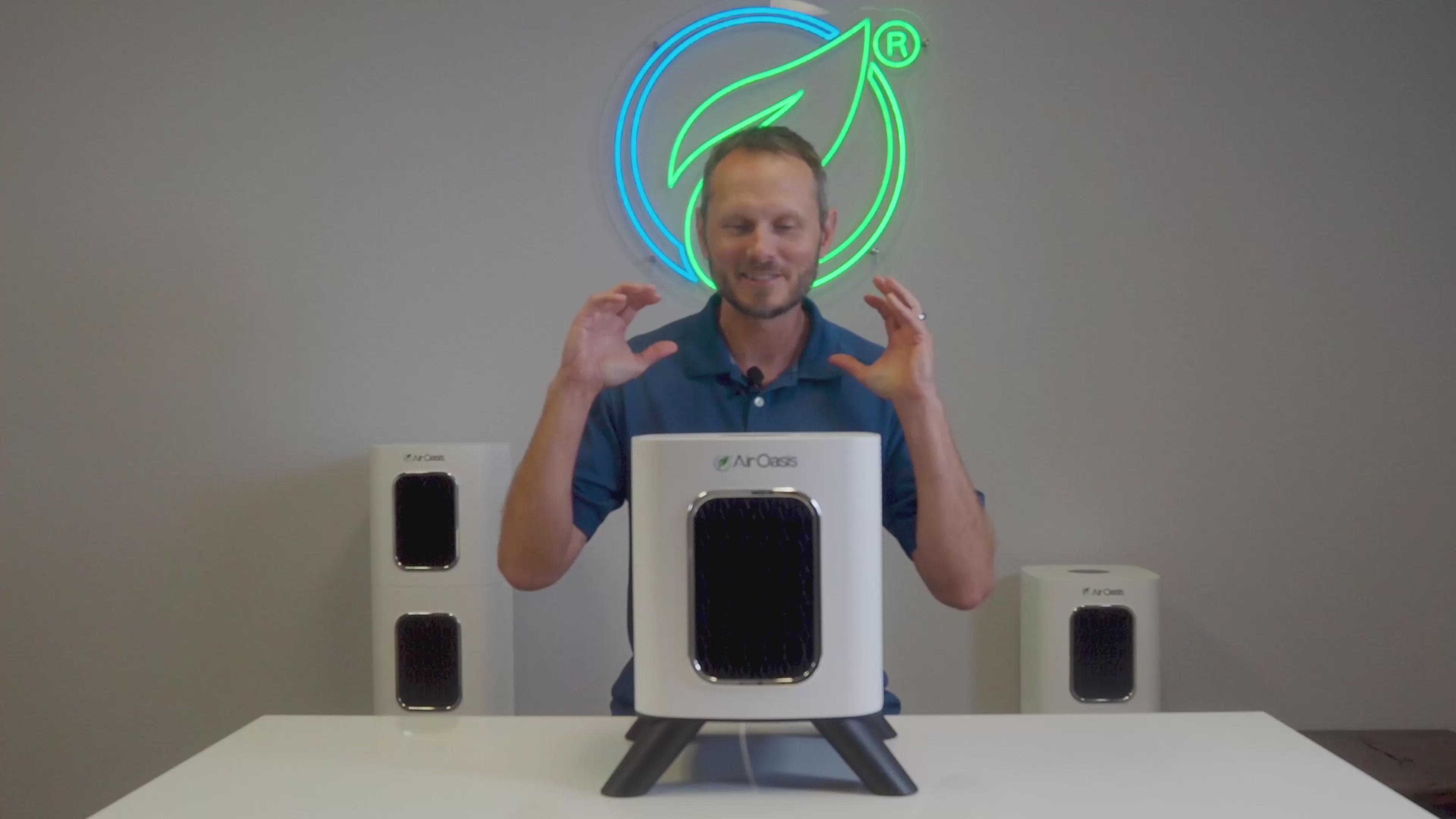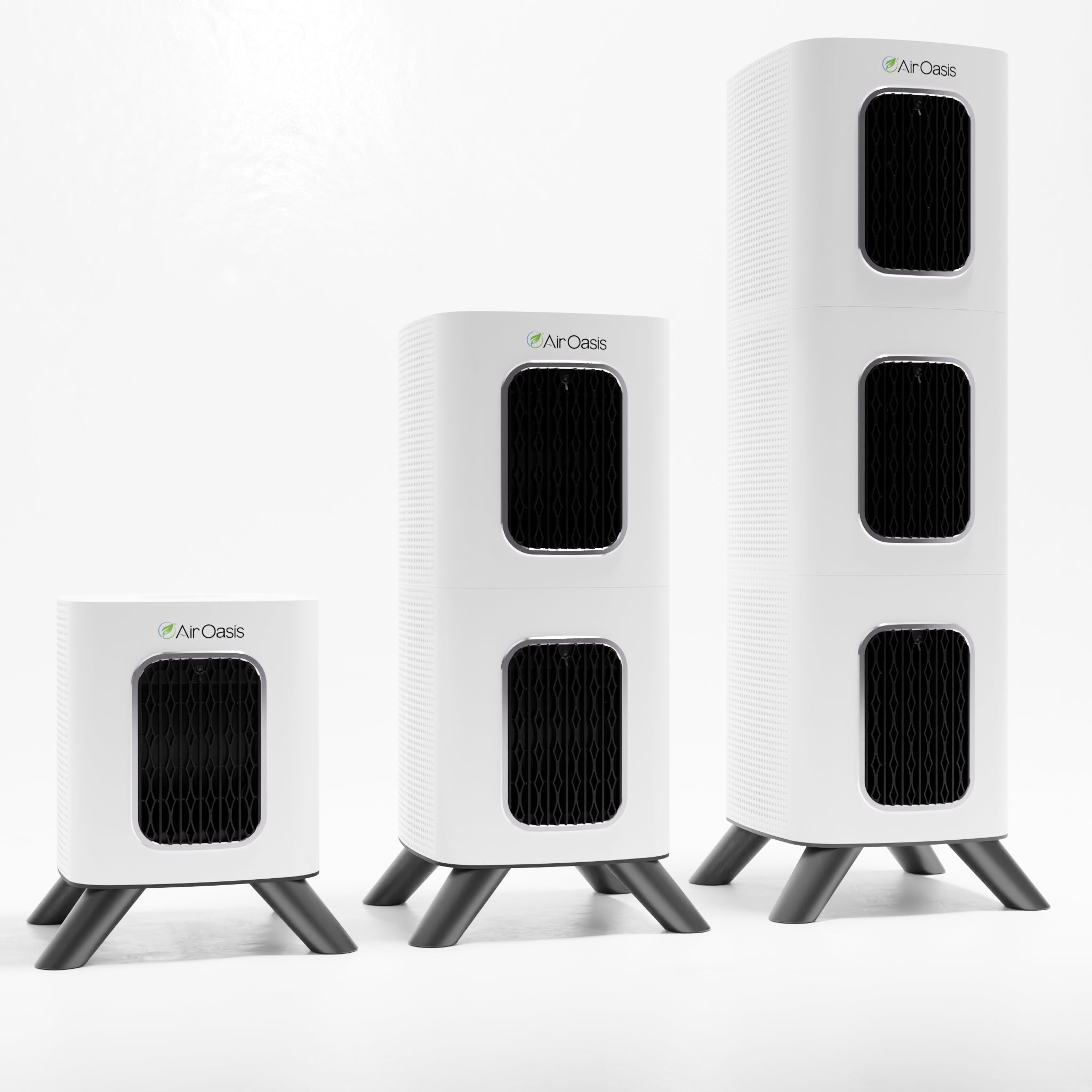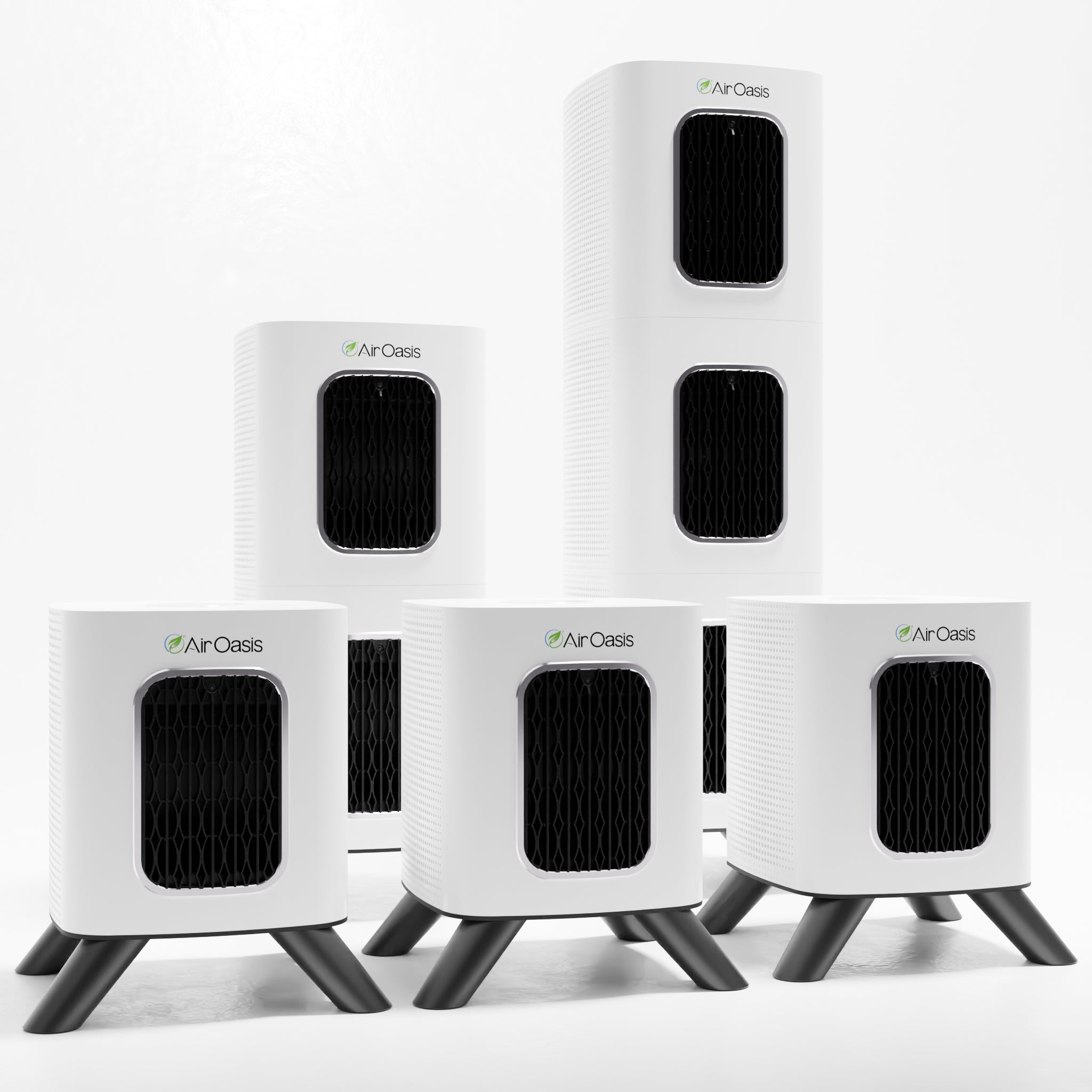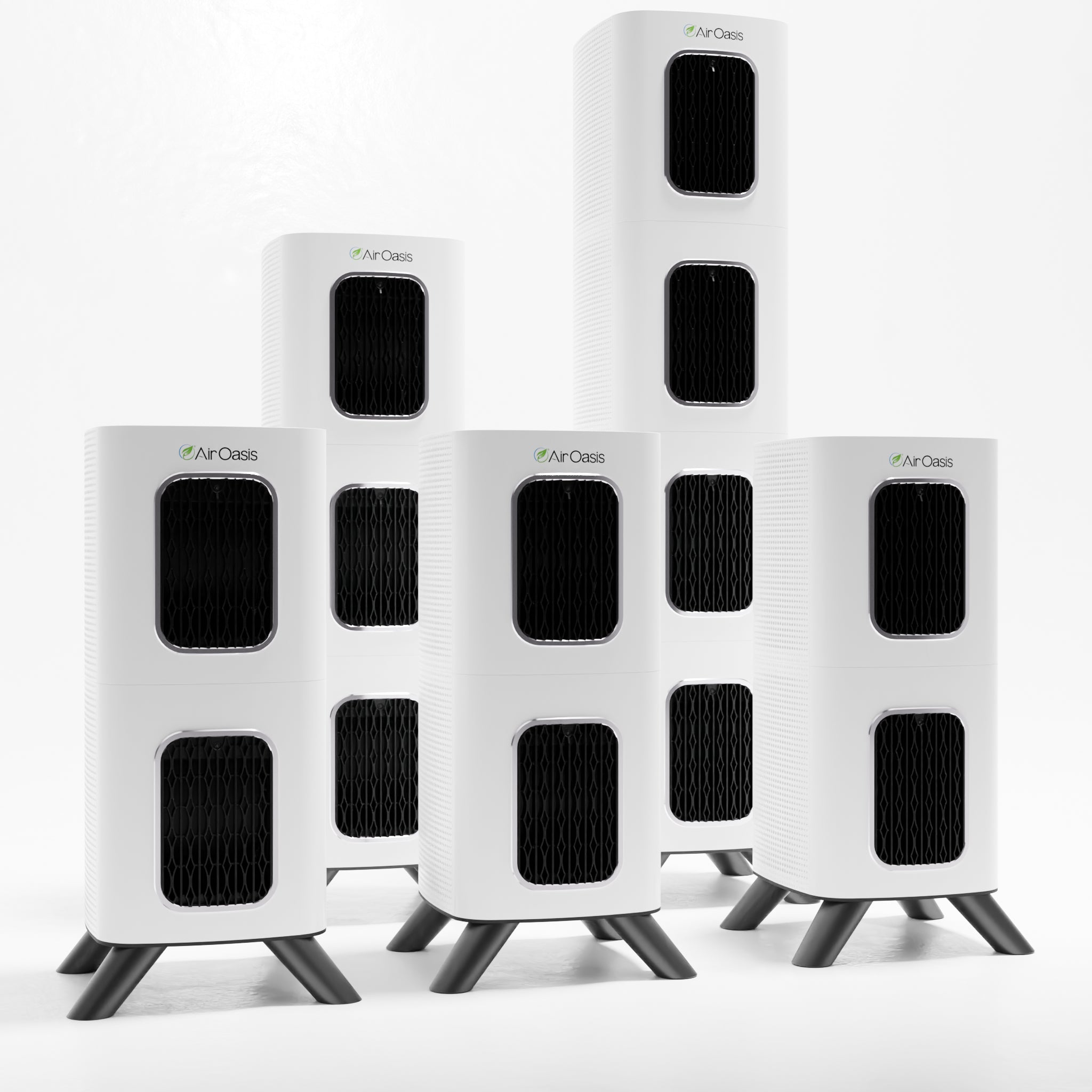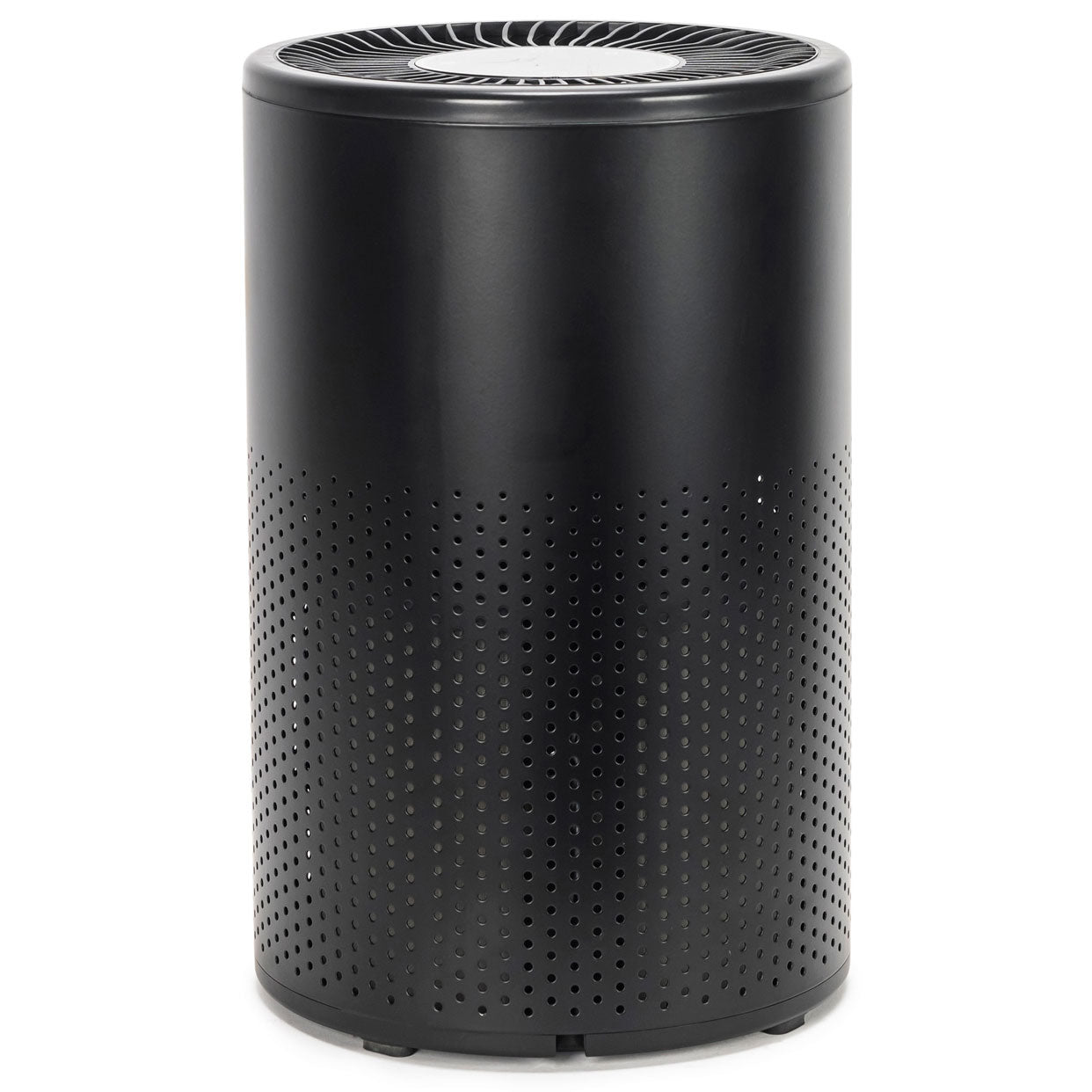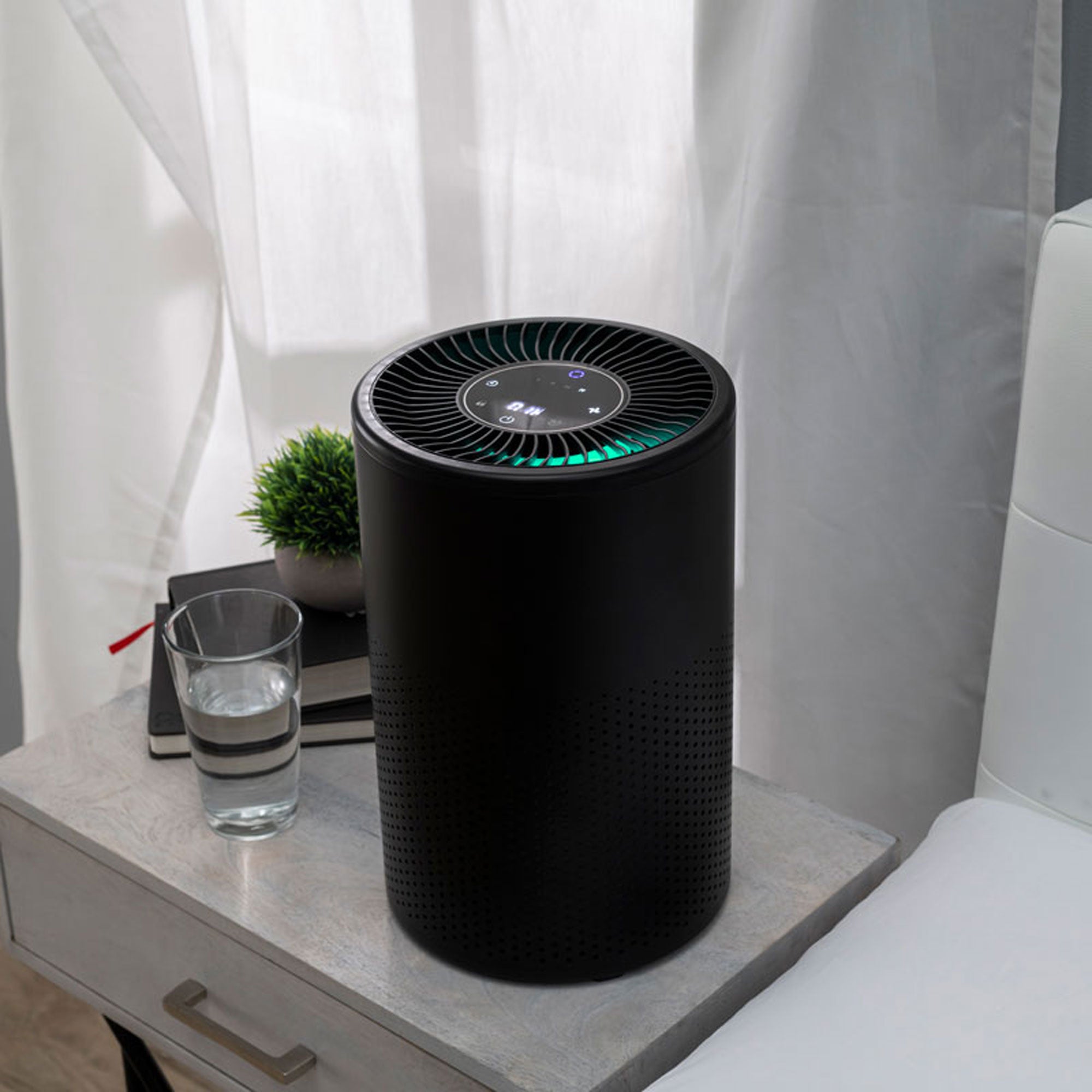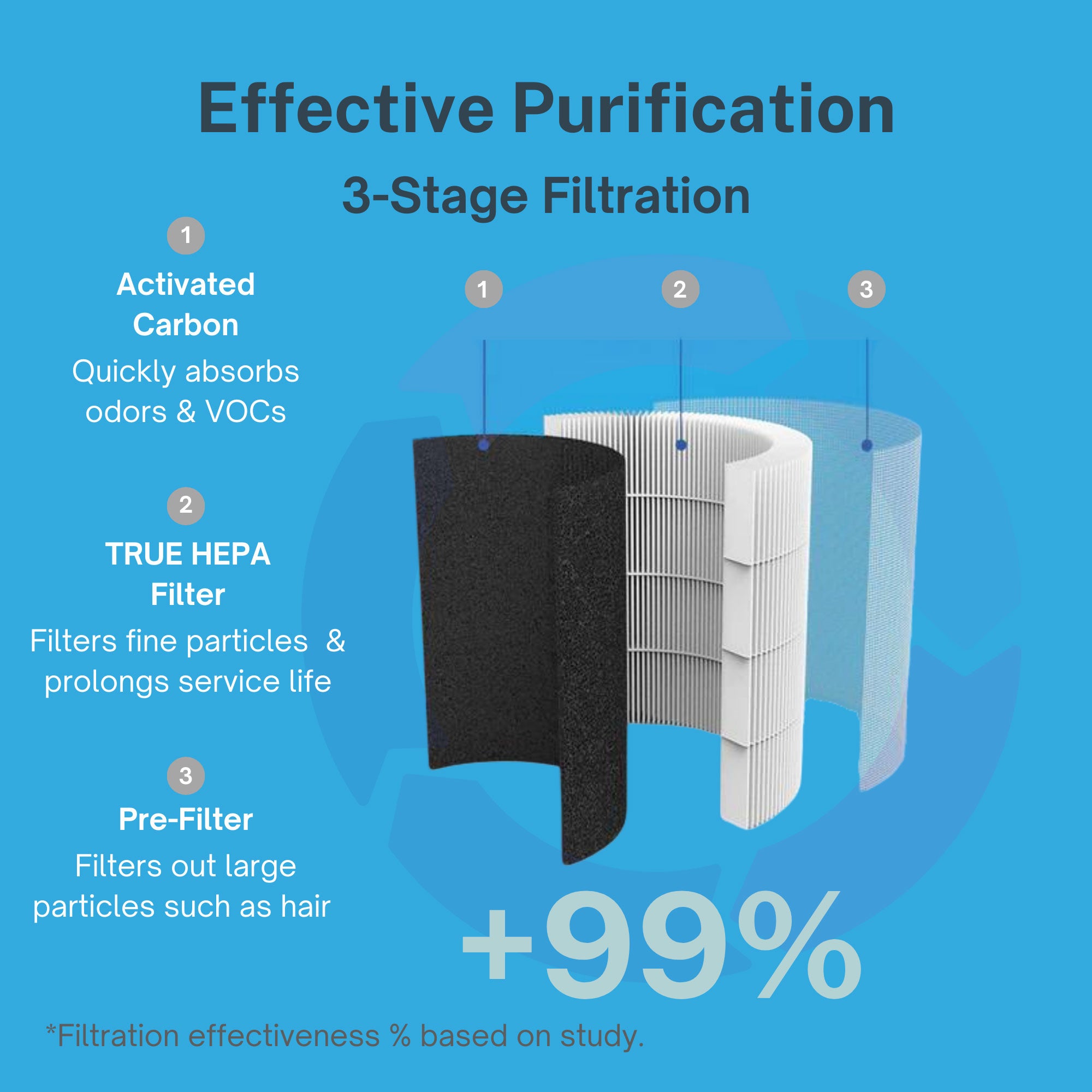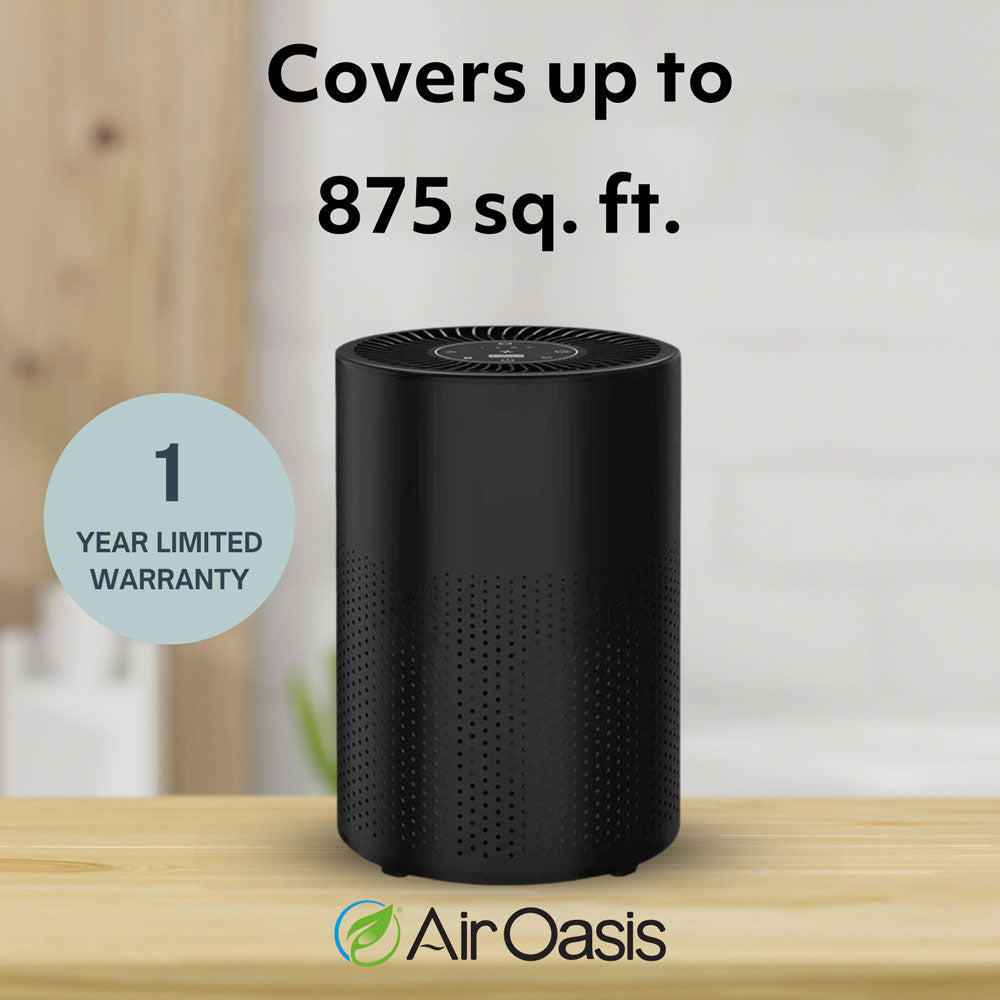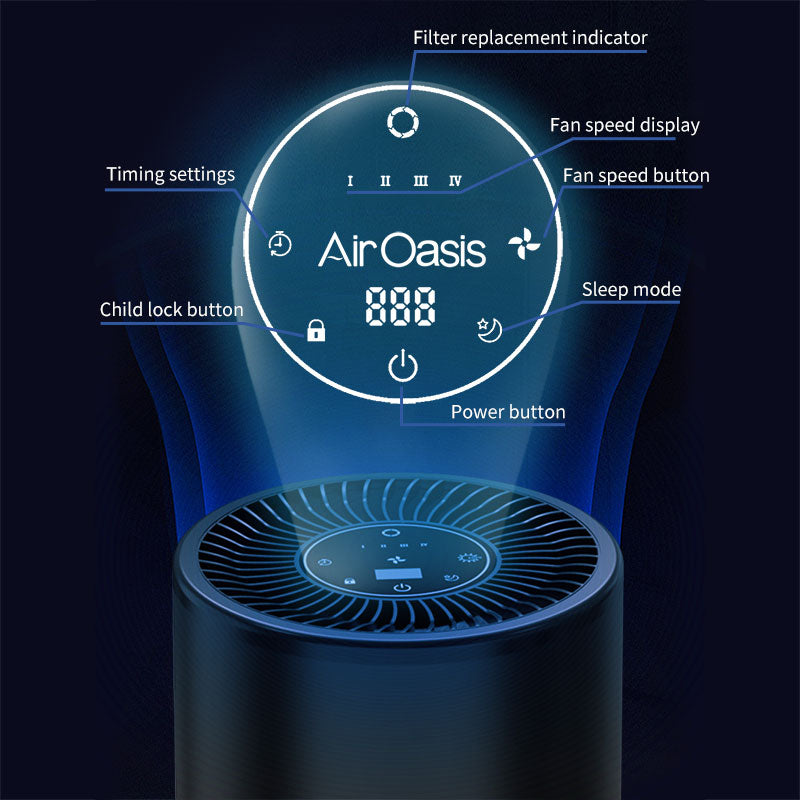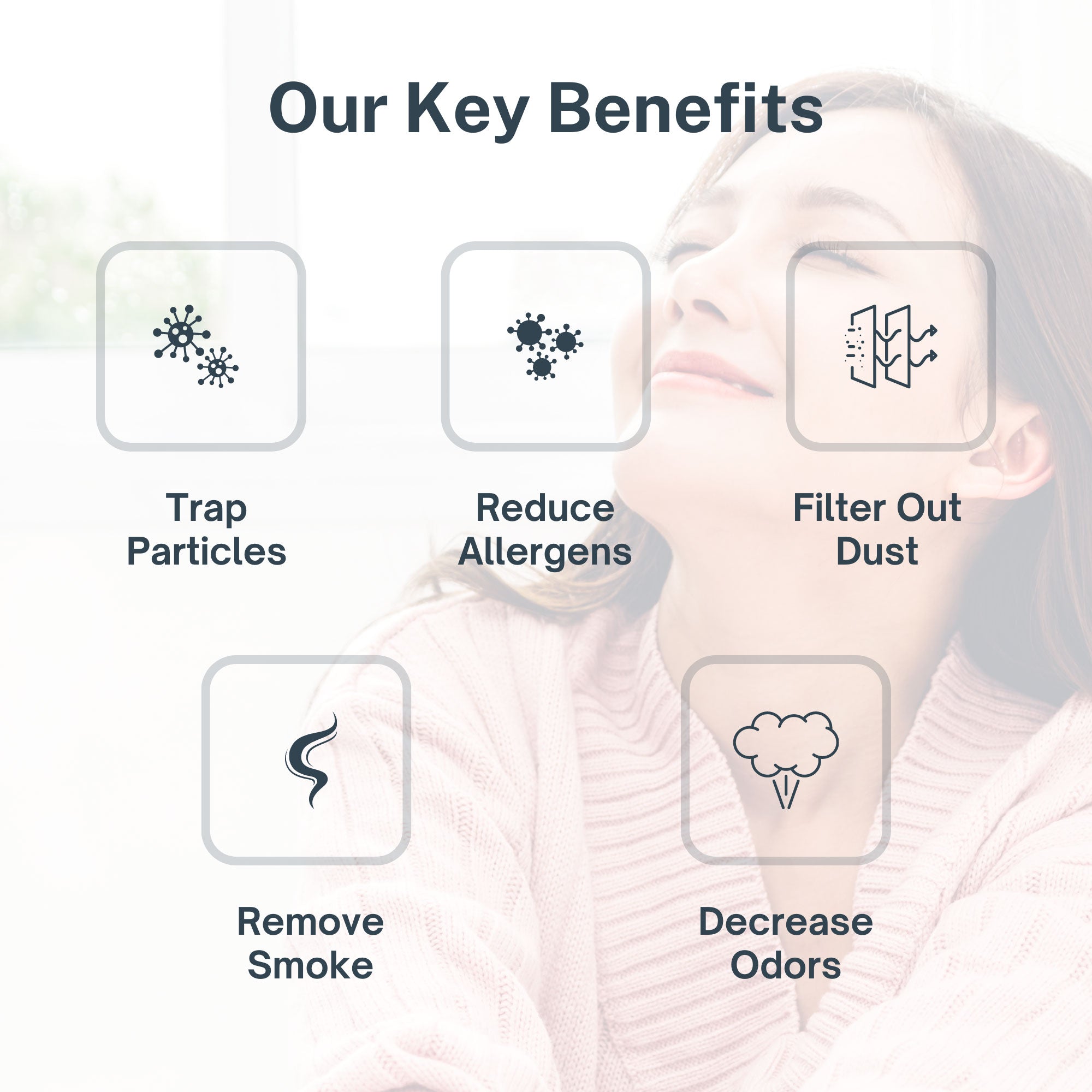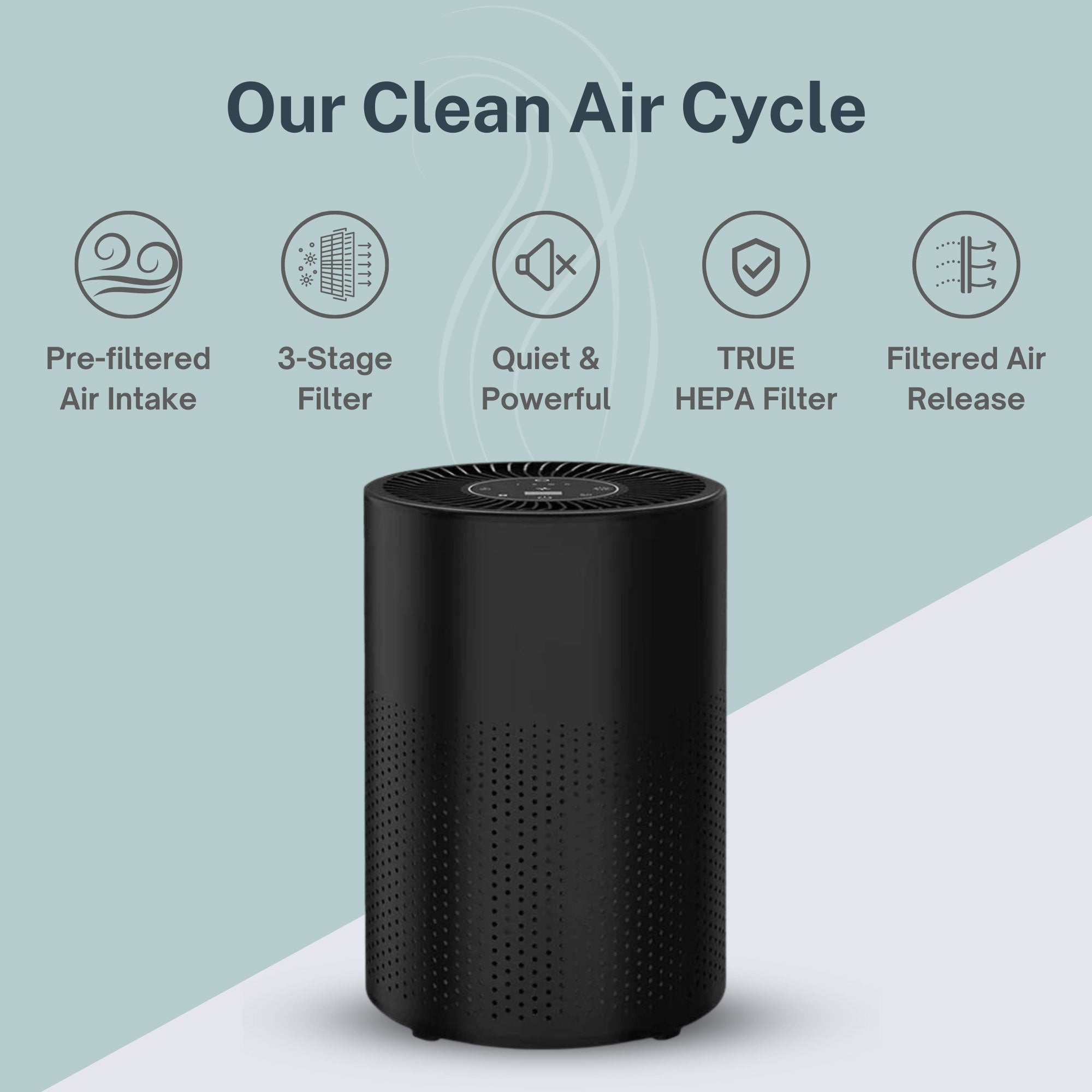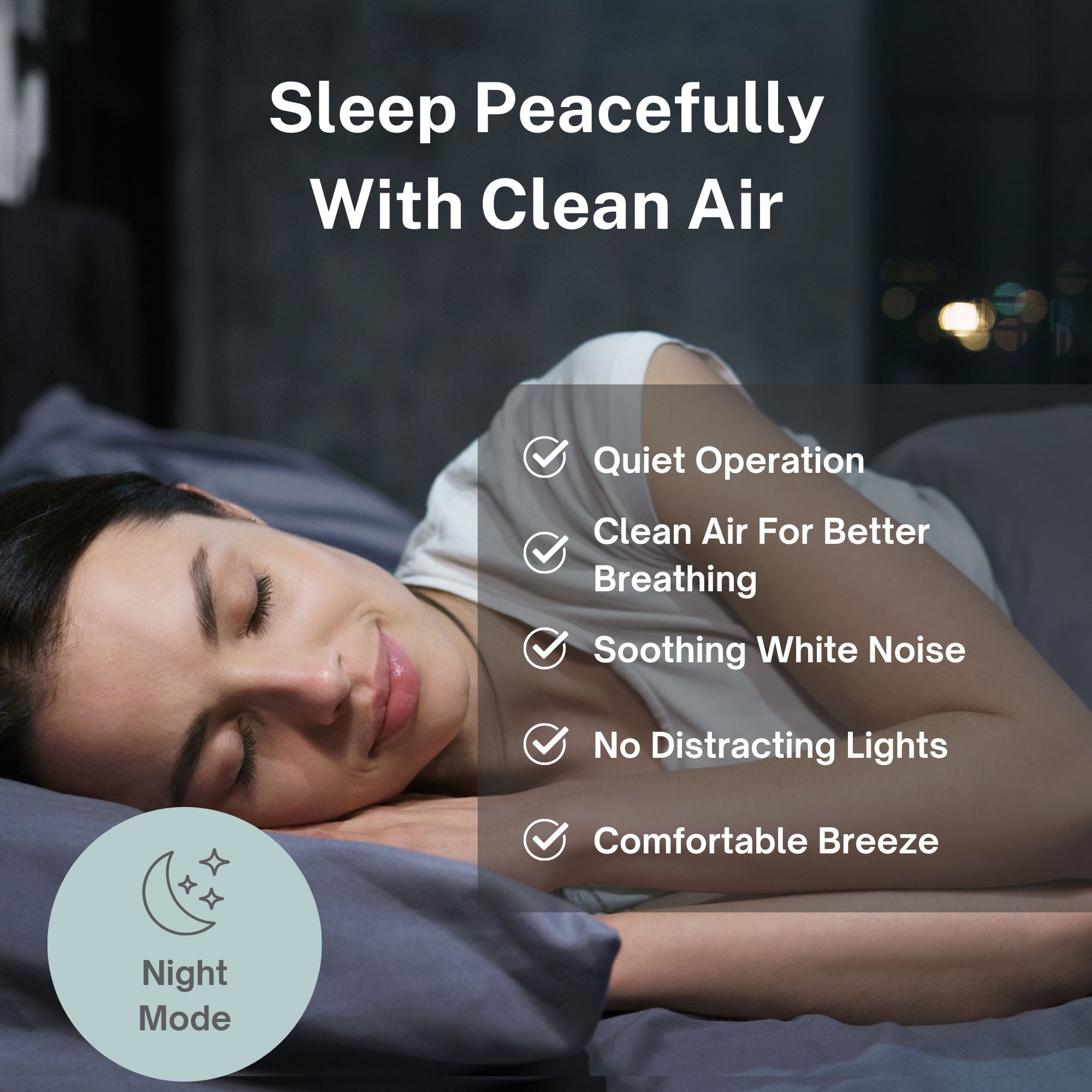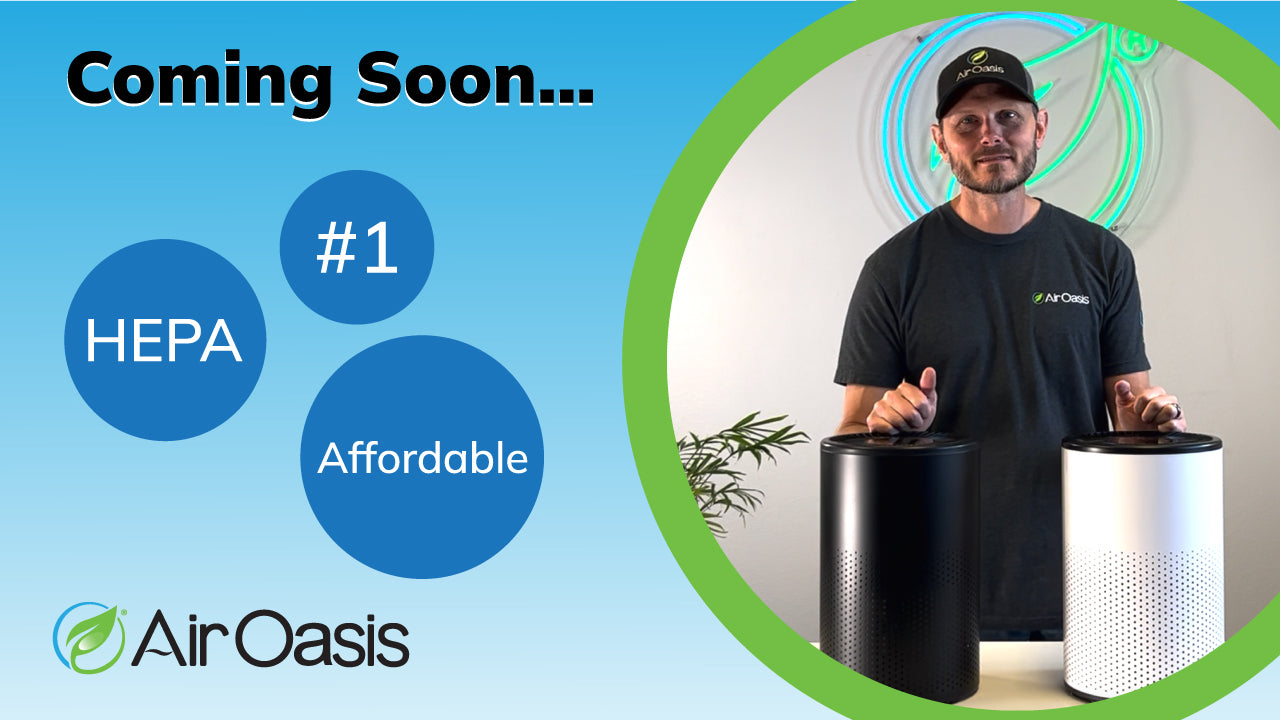Your cells are under constant attack. Unstable molecules called free radicals tear through cellular structures, damaging DNA, proteins, and lipid membranes. Your body generates some free radicals naturally through normal metabolism. But air pollution floods your system with far more than your defenses can handle.
This oxidative stress accelerates aging, promotes chronic disease, and compromises health in ways that extend far beyond obvious respiratory symptoms. Understanding the free radical connection to air pollution reveals why clean air matters for your entire body, not just your lungs.
What Free Radicals Do to Your Body
Free radicals are molecules with unpaired electrons. This makes them highly unstable and reactive. They steal electrons from nearby molecules to stabilize themselves. But this creates new free radicals in a damaging chain reaction.
Your cells contain antioxidant defense systems designed to neutralize free radicals. Vitamins C and E, glutathione, and enzymes like superoxide dismutase all work to maintain balance. But when free radical production overwhelms these defenses, oxidative stress occurs.
The damage accumulates across all body systems. DNA mutations increase cancer risk. Lipid peroxidation damages cell membranes and blood vessel walls, accelerating cardiovascular disease. Protein oxidation impairs cellular function throughout your body. Mitochondria, the energy-producing structures in cells, become less efficient. Your biological age advances faster than your chronological age.
How Air Pollution Generates Free Radicals
Particulate matter generates free radicals through multiple pathways. PM2.5 particles contain transition metals like iron and copper. Once inhaled, these metals catalyze reactions that produce reactive oxygen species, a type of free radical. The smaller the particle, the deeper it penetrates and the more damage it causes.
Ozone itself acts as a powerful oxidant. This gas reacts directly with tissues in your respiratory tract, generating free radicals at the point of contact. The damage begins immediately upon inhalation.
Nitrogen dioxide from vehicle exhaust and gas appliances creates oxidative stress in lung tissue and throughout the body after entering the bloodstream. Sulfur dioxide triggers similar reactions. Each air pollutant contributes to your total free radical burden.
The effects compound over time. Chronic exposure to polluted air creates persistent oxidative stress. Your antioxidant systems become depleted. The balance tips increasingly toward damage as defenses weaken and free radical production continues relentlessly.
The Widespread Health Consequences
Free radical damage from air pollution affects every organ system. Cardiovascular disease develops as oxidized LDL cholesterol accumulates in artery walls. Blood vessel function deteriorates. Heart attack and stroke risk increases.
Neurological effects include accelerated cognitive decline and increased Alzheimer's risk. Free radicals damage brain cells and promote the protein accumulations characteristic of neurodegenerative disease. Recent research links air pollution exposure to dementia through oxidative stress mechanisms.
Immune function weakens as free radicals damage white blood cells and interfere with inflammatory responses. You become more susceptible to infections and may develop autoimmune conditions as the system malfunctions.
Skin ages faster with chronic pollution exposure. Free radicals break down collagen and elastin, creating wrinkles and loss of firmness. The visible aging reflects deeper cellular damage occurring throughout your body.
Reducing Your Free Radical Burden
Antioxidant-rich diets help combat free radical damage. Berries, leafy greens, nuts, and colorful vegetables provide compounds that neutralize free radicals. But dietary antioxidants alone cannot overcome the oxidative stress from constant pollution exposure.
Reducing pollutant exposure directly addresses the source of free radical generation. You can't control outdoor air quality. But you spend most time indoors where air purification provides powerful protection.
HEPA filtration removes the particulate matter that generates free radicals in your respiratory system and bloodstream. The iAdaptAir system captures 99.97 percent of PM2.5 particles before they enter your lungs and trigger oxidative stress.
Activated carbon removes ozone, nitrogen dioxide, and other gaseous pollutants that create free radicals through direct tissue reactions. This dual filtration approach addresses both particulate and gaseous sources of oxidative stress.
Smart sensors ensure continuous protection. When pollution levels rise, filtration intensifies automatically. You maintain consistently low pollutant exposure, which translates to reduced free radical burden and less cellular damage.
Protect Your Cells from Air Pollution
Free radical damage from air pollution ages your body at the cellular level. Every breath of polluted air generates oxidative stress that accelerates disease and deterioration. But clean indoor air dramatically reduces this invisible assault on your health.
The iAdaptAir system removes the pollutants that generate free radicals before they reach your respiratory system. Give your cells the protection they need. Shop Air Oasis today and reduce the oxidative stress that's aging your body prematurely.





